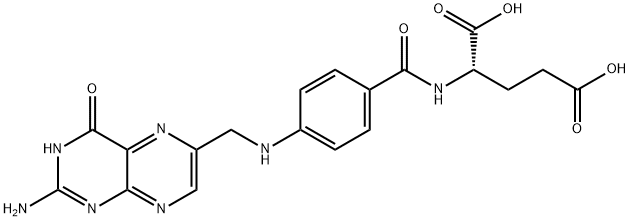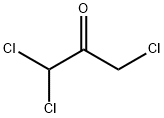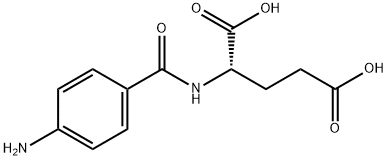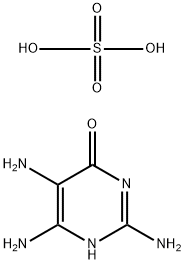Description
Acid Folic is an essential B vitamin. It is converted to folate in vivo, which is a necessary cofactor for a variety of biological processes, including nucleotide synthesis and, thus, DNA synthesis and repair, among others. A deficiency in dietary acid folic can lead to a range of developmental and cognitive disorders, most prominently neural tube defects and congenital heart defects.
Chemical Properties
Acid solutions of Acid Folic are sensitive to heat, but towards neutrality, stability progressively increases. Solutions are inactivated by ultraviolet light and alkaline solutions are sensitive to oxidation. Acid Folic is also inactivated by light. It is incompatible with oxidizing agents, reducing agents and heavy metal ions.
Uses
Acid folic is generally used as an emollient. In vitro and in vivo skin studies now indicate its capacity to aid in DnA synthesis and repair, promote cellular turnover, reduce wrinkles, and promote skin firmness. There is some indication that acid folic may also protect DnA from uV-induced damage. Acid folic is a member of the vitamin B complex and is naturally occurring in leafy greens.
Side effects
The symptoms of a drug allergy include one or more of the following:
Swollen face/eyes/lips/tongue
Difficulty in breathing
Itchy skin rashes over your whole body
Physiological effects
Acid Folic is a type of vitamin naturally found in some foods that helps the body to produce red blood cells. A lack of folic acid may result in folate-deficiency anemia, a condition in which there is insufficient healthy red blood cells to provide oxygen to the body.
Acid Folic deficiency
Some symptoms of folate deficiency include:Trusted Source
weakness
fatigue
trouble concentrating
headache
irritability
heart palpitations
sores on the tongue and inside the mouth
a change in color of the skin, hair, or fingernails
irritability, headache, heart palpitations, and shortness of breath
Toxicity
Acid Folic is extremely rare to reach a toxic level when eating folate from food sources. In this case, if high acid folic intake continues to “hide”the symptoms of B12 deficiency for a long time, a slow but irreversible damage to the brain and nervous system may occur.






